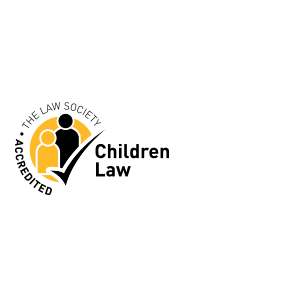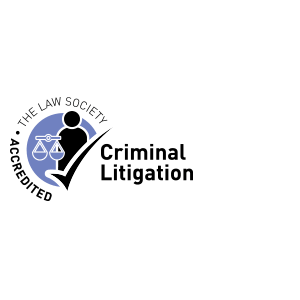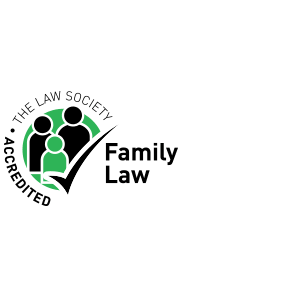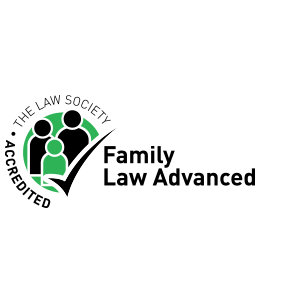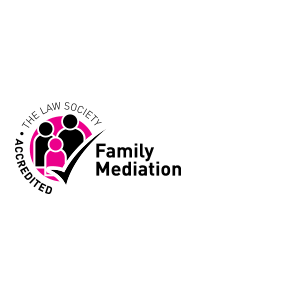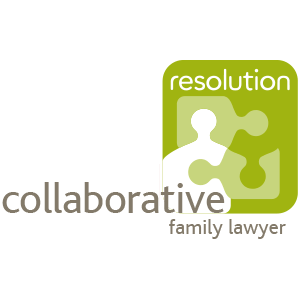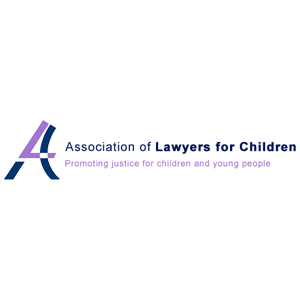- Hounslow 020 8814 7599
- Slough 01753 303 631
- Twickenham 020 8814 9989
Children & Divorce/Separation Solicitors
All our solicitors at Lovell Chohan are members of the Association of Lawyers for Children. In addition we have Law Society and specialist Resolution solicitors who specifically specialise and deal with matrimonial law.
Once a marriage is to an end the parties will have to decide with which parent the children are going to reside and how much contact the non-resident parent is to have. These matters are usually dealt with in the statement of arrangements for children form, and in most cases are agreed between the parties.
You may be able to make arrangements between yourselves about where the children live and contact with the other parent. However, if this is not possible, the court can make the decision for you.
Cases of Separation
Many couples split up but never get divorced. If you separate informally, you may not ever need to go to court. You can make arrangements for the children that may last forever. But if it is not possible to sort out the arrangements, the court can make decisions.
If you are getting a divorce, the court will not grant the divorce until it has looked at the arrangements for the children. You will have to give the names of all dependent children of the family. A dependent child is one who is under 16 or under 19 if in full-time education. It includes children who are the children of both partners together, adopted children, step-children and any children who have been treated as part of the family. It does not include foster children.
You will have to give details of how the children will be looked after. You'll need to say where the children will live and who they will live with, as well as the financial arrangements for their support. The court's main concern will be to decide what is in the best interests of the children. If the arrangements are acceptable to both parents, the court will not make decisions concerning the child. It will only make decisions where this is necessary to sort out a disagreement about arrangements. Decisions made by the court are called orders.
Court Orders
A court will only make an order concerning children if it feels it is in the best interests of the children to do so. A court can make orders about:
- who the child should live with (a residence order)
- who the child should have contact with and what sort of contact it should be, and the amount of contact (a contact order).
Residence Orders
The court can make a residence order in favour of:
- one parent. This means that the child must live with that parent
- both parents. One residence order can be made for both parents, even if they are not living together. The order will say how much time the child will live with each parent
- Each parent will have a separate order saying how much time the child will live with them.
Contact orders
The court will normally expect you and your partner to make your own arrangements about maintaining contact with your children. The court will only make a court order if you cannot agree.
The contact order may include conditions. It may also say what sort of contact you can have, for example, visiting, telephoning or writing letters. Orders can also be made to allow contact between a child and other relatives or friends.
Financial arrangements at the end of a marriage
At the end of a marriage, both parents are responsible for supporting the children financially, regardless of where the children will live.
You can also apply for financial support (maintenance) from your partner. You can do this whether you have children or not. There are three possible ways to arrange financial support:
- by agreement
- through the Child Support Agency
- through the courts.
Agreeing Financial Support
If you both agree to financial support, this is called a voluntary agreement. It can be written down or it could be a verbal agreement, albeit it is best to have such an agreement recorded in writing.
You can agree, for example, that one of you will make weekly payments to the other for the support of children, or will meet rent or mortgage payments and household bills or pay for the children's clothing and holidays.
Child Support Agency (CSA)
The Child Support Agency (CSA) is the government's child maintenance service which assesses and collects payments for children who are under 16 (under 19 if they are in full-time non-advanced education). If your marriage has ended and the children are living with you, you can use the CSA to get financial support for your children. However, you do not have to use the CSA if you do not want to. The CSA uses a standard process to work out how much child maintenance should be paid and when the payments should be made. You can also ask the CSA to collect payments and take enforcement action if payments are not made.
For more information about getting financial support for your children through the CSA please refer to the CSA website.
Court Orders
You can apply for a court order for financial support at the end of a marriage. The court will consider all financial circumstances of both partners, including pension arrangements. In some circumstances, the court can also make an order for financial support for the children.
A court can make an order for regular payments to be made or for a one-off lump sum. It can also make an order about pension arrangements.
You might get public funding help help with legal costs when you apply to the court for financial support. However, you might have to pay some of the legal costs back, out of money or property you are given by the court order. This is called the statutory charge.
Get in touch with children & divorce solicitors in London
For many years Lovell Chohan Solicitors have served the London boroughs of Slough, Windsor, Eton, Hounslow, Mayfair, Twickenham, Richmond & Chiswick. For legal advice pertaining to children and divorce, use our contact form to ask us a question or visit us at our local offices in Hounslow, Slough & Twickenham

